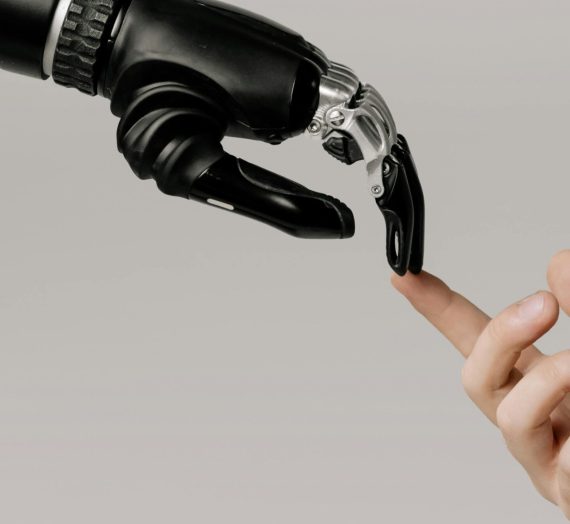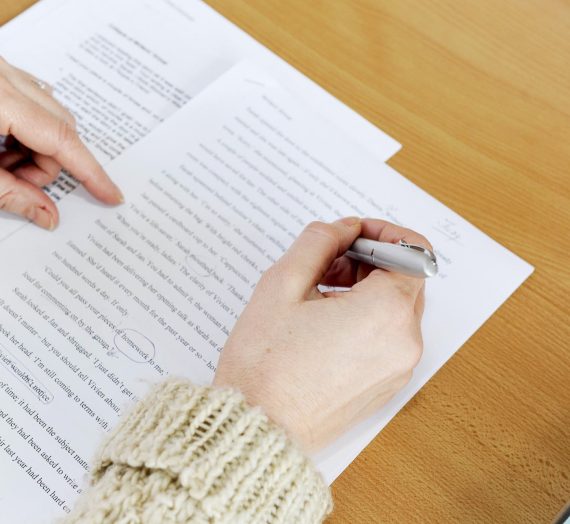As editors, we will come across many ethical situations. How can we best be prepared to respond to them?
When we receive a piece to edit, we have many important choices to make. These may include how to deal with dishonesty from authors, how much editing is too much, or how to determine quality and potential. As we face these choices, we may have a code of ethics provided by our businesses, or we may have an innate code of ethics that exists only on the paper of our mind. Either way, it is vital for us editors to know where we stand before the situation even arises. How are we able to do this?
THE RESEARCH
Nicole Amare of the University of South Alabama and Alan Manning of Brigham Young University spent some time delving into the idea of author-editor ethics. In their article “Examining Editor-Author Ethics: Real-World Scenarios from Interviews with Three Journal Editors,” Amare and Manning (2009) spend time with three journal editors, asking them about how ethics work in their workplace. The researchers recruited editors who currently edit for technical or business communication journals. They chose six questions to ask based on ethical concerns editors in the field of technical communication might have. They then invited the editors to share, based on these questions, ethical scenarios that they had experienced throughout their careers.
The questions related to author dishonesty, editorial disclosure (how much editors share with the authors about their work), negotiation of review (whether the work should be accepted), author status (ethnicity, gender, academic status), and an organization’s formal and informal ethical codes. The editors were able to share ethical scenarios from their careers that related to those questions. I’ll highlight three examples.
First, in relation to editorial disclosure, all three editors reported removing “unusually cruel or hurtful reviewer comments” and copyediting other comments before sending them to authors (294). The dilemma when filtering comments, as one participant noted, is that while authors should not be overly hurt by the comments, they still need to know the effect the writing is having on the reviewers.
Second, in relation to ethical codes, one editor reported how an ethical code provided guidance when deciding to solicit a book review. The editor chose not to solicit the book review due to a conflict of interest. The study did not detail what the conflict of interest was, but the editor reported that pursuing the review could have been viewed by others as “abusing one’s professional position as journal editor” (299). Overall, the researchers found that the editors relied mostly on their own ethical resolve, rather than on informal or formal ethical codes.
Third, Amare and Manning’s final question in the interviews was, “When you leave your position as editor, what would you tell the next editor in terms of advice related to ethics…?” They mention one editor’s answer as being the “ultimate answer” in terms of editor-author ethics: “I think the advice is very simple and that is to just make sure that whatever you do you won’t be embarrassed if other people hear about it at a [professional society] meeting;…You just don’t want to do anything…that you wouldn’t want made public” (300).
THE IMPLICATIONS
As the results suggest, no matter how hard we may try, we will face ethical dilemmas throughout our careers as editors. So when the dilemmas arise, how can we make sure we’re doing the right thing? A code of ethics might help. If your business has a code of ethics, be sure to understand it well and refer to it often when making ethical decisions. If necessary, create your own code, whether it be written on paper or simply internalized. Based on the editors’ experiences in the study, you could incorporate ethical principles related to avoiding harm, avoiding conflicts of interest, or avoiding situations that you wouldn’t want publicly disclosed. Further, you could incorporate dilemmas you have already experienced in your career or that you anticipate experiencing. Creating a code of ethics in advance can make the ethical choices that you encounter a little easier to analyze.
Learn more about author-editor ethics in the full article:
Amare, Nicole, and Alan Manning. 2009. “Examining Editor-Author Ethics: Real-World Scenarios from Interviews with Three Journal Editors.” Journal of Technical Writing and Communication 39 (3): 285–303. https://doi.org/10.2190/TW.39.3.e.
—Oakli Van Meter, Editing Research
FEATURE IMAGE BY OLEG MAGNI





Emma Franklin
This was a great read! It is crucial that we are making ethical decisions as editors and are able to defend our decisions, and I think a code of ethics is a great way to do that.
Myla Parke
This is such an important thing to be intentional about. It’s so simple but makes such a significant impact on the influence an editor can have for good.